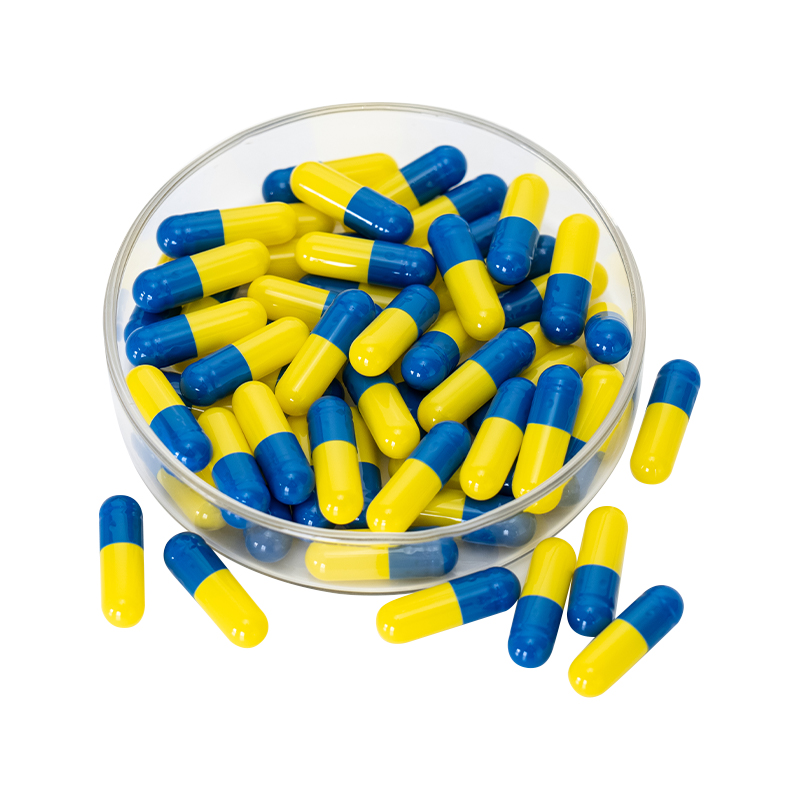Product Consultation
Your email address will not be published. Required fields are marked *


As a product specifically targeting the Muslim community, halal capsules must have clear halal markings on their packaging, which is a common requirement of regulations and market recognition. Specifically explained in four points:
1. Halal identification must be marked
As long as the product is sold under the name of "Halal", the packaging must be printed with clear Chinese "Halal" words or internationally recognized Halal symbols (such as crescent shapes). This is a mandatory requirement of local regulations, and products that are not labeled are considered non halal and are prohibited from being marketed. Even if the capsule itself does not contain animal ingredients, as long as it is declared halal, the label is indispensable.
2. Logo design must strictly avoid taboo content
Text: Only Chinese "Halal" can be used, and Arabic "Halal" or English "Halal" cannot be written to avoid involving religious terms.
Pattern: It is strictly prohibited to display images of taboo items such as pigs, dogs, and alcohol, even those that have been tampered with; Avoid using non Islamic religious symbols such as the cross and lotus.
Ingredient description: If there are disputed ingredients (such as glycerol, gelatin), the source (such as "plant glycerol") should be indicated and cannot be ambiguous.
3. Forgery or misuse of identification will result in heavy penalties
Non halal products must not use halal labels, otherwise they will be treated as "counterfeit halal"; Certified enterprises that transfer or lend their logos will have their qualifications revoked. It is common for regulatory authorities in the market to inspect counterfeit packaging and remove it directly once discovered.
4. Export must comply with local certification rules
The Chinese "Halal" label can be used domestically, but it needs to be adjusted according to the requirements of the target country when exporting:
For example, countries such as Indonesia and Malaysia require the use of their officially certified Halal logo;
Some countries in the Middle East also require packaging to indicate the source of ingredients and production batch traceability codes.
| Requirement Category | Key Specifications | Critical Notes |
| Mandatory Labeling | • Must display "Halal" in Chinese or internationally recognized symbol (e.g., crescent) | No exceptions; unlabeled products cannot enter halal markets |
| Design Restrictions | • Text: Chinese "清真" only• Graphics: Banned: pork/alcohol imagery, religious symbols• Ingredients: State sources (e.g., "plant-derived glycerin") | Avoid Arabic/English terms; ambiguous descriptions invalidate compliance |
| Legal Compliance | • Fraudulent use: Forbidden for non-halal products• Certified producers: Cannot share/transfer labels | Authorities conduct random checks; violations trigger recalls/fines |
| Export Variations | • Southeast Asia: National halal logo required (e.g., JAKIM Malaysia)• Middle East: Must include batch codes + ingredient origins | Adapt to destination rules; Chinese-only labels rejected overseas |
Your email address will not be published. Required fields are marked *
If you would like to learn more about our products, please feel free to contact us and we will do our to assist you.
No.1 Tianzhu 3rd Road, Dufu Town, Xinchang County, Zhejiang Province
86-575 8606 0065
86-159 8825 2009
+86 159 8825 2009
+1 380 215 7432
